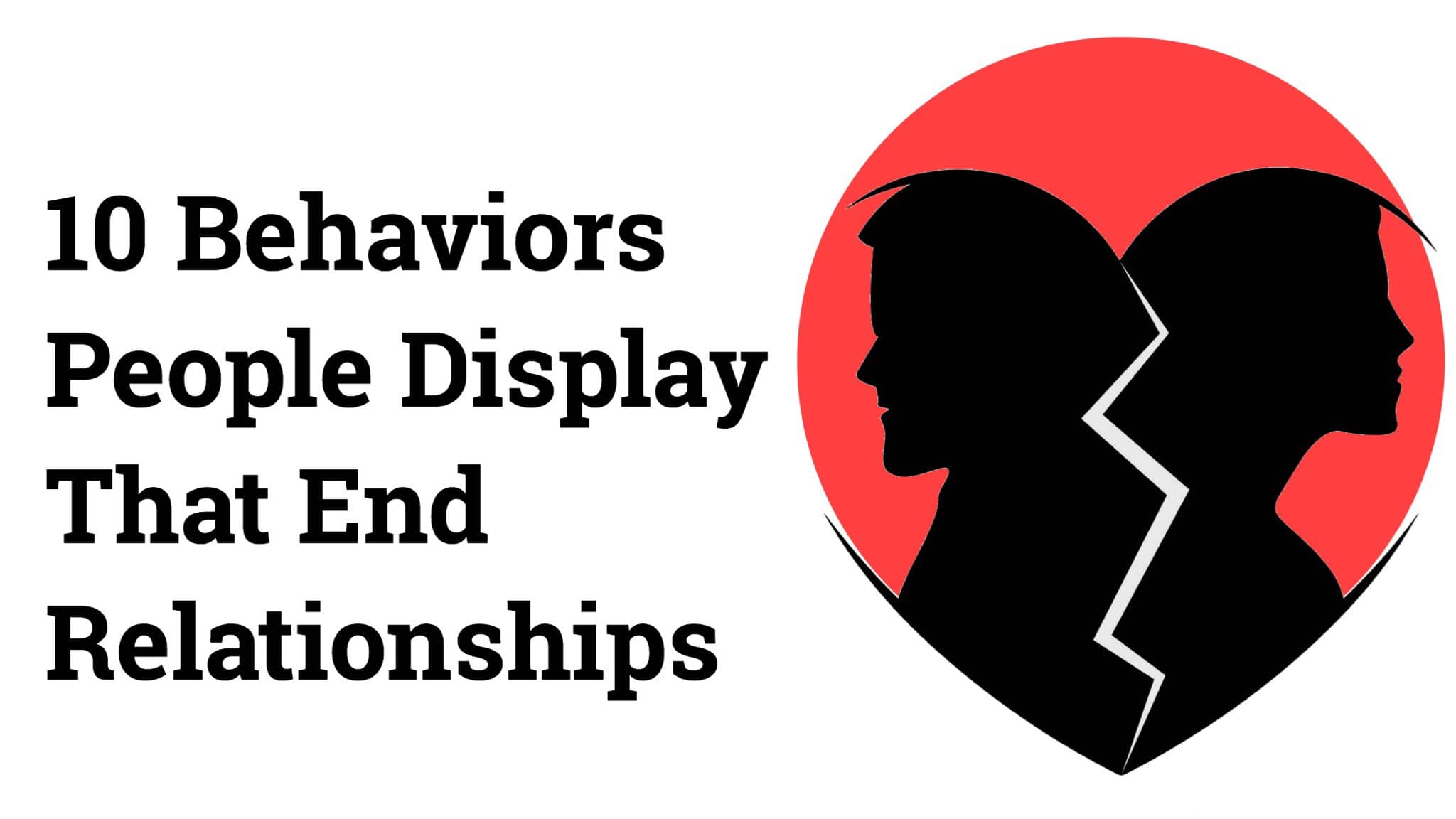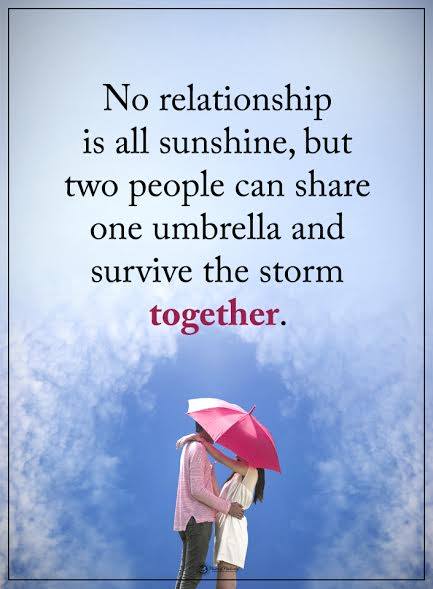“Old habits die hard,” as the old axiom goes; this is particularly the case when old (read: bad) habits carry over into – or manifest during – intimate relationships.
Dr. Robert Firestone is credited for theorizing the now-renowned “fantasy bond” wherein a couple forms the illusion of connection and closeness with their partner despite emotional disconnect.
Dr. Firestone explains the rationale of his theory:
“Most people have fears of intimacy and are self-protective and at the same time are terrified of being alone. Their solution to their emotional dilemma is to form a fantasy bond.”
That’s because couples that form such a bond “go through the motions” of an intimate relationship out of a deep-rooted fear of being alone.
Predictably, the psychological patterns and behavior(s) of one partner can increase the risk of emotionally alienating the other. In turn, the chances of a once-healthy relationship becoming a “fantasy bond” increases as well.
Does everyone experiencing relationship turmoil create a fantasy bond? No. In fact, some decide to file divorce papers on a whim. In addition, some become physically, emotionally, and verbally abusive.
A relationship can deteriorate in a variety of ways, whether through living out a “fantasy bond,” being served with divorce papers, or something worse.
What all of these unfortunate outcomes have in common is this: one or both partner’s behavior(s) likely led to the relationship’s decline.
“What I’ve learned, through my own work and through a 30-year longitudinal study of couples and individuals, is that we can contrast the patterns of behavior between couples that result in long-term romantic love with those that signify that the couple has formed a ‘fantasy bond.’” – Lisa Firestone, Ph.D., Clinical Psychologist, and author
Here are 10 common psychological traits or behaviors capable of wrecking a relationship:
1. Complaining and Nagging
A partner that invariably complains or nags creates division and tension in a relationship. If the complaint is legitimate, it is advisable to wait until a good time to have the conversation (ex: when both are alone and comfortable.)
It is also important to refrain from carrying on impulsively (i.e. nagging). This behavior accomplishes nothing and only serves to drive the other person away.
2. Poor Communication
It’s been said over and over that communication is the most important element of any relationship. Open and honest communication creates chemistry, understanding, appreciation, and acceptance.
Poor and infrequent communication can lead to resentment, misunderstanding, and isolation. Because of this, couples need to engage in open communication on a daily basis, if possible.
3. Fighting over text message
So you are both adults; thus, the act of initiating or participating in a text message argument should be considered juvenile. If you’re doing it, stop. Arrange a time or place to talk or meet up.
Nearly all relationship experts are in agreement that text-fighting considerably increases the chance of a relationship going downhill.
4. Overstepping boundaries
Being in a relationship, in the most technical sense, is a mutual agreement. It is important to understand the individuality of your partner, and vice-versa. In fact, each other’s individualism should be a catalyst for spontaneous, romantic excitement.
A co-dependent partner may (knowingly or unknowingly) diminish their partner’s individuality by “fusing” their identities. Regardless of the relationship’s progression, this is almost always unwelcome, as the other party feels controlled and limited.
5. Being “over distracted”
In a culture where we’re always engaged on social media or fiddling with our cell phones, distraction has become the new norm. Technology, as with alcohol and drugs, can become an addiction. Thus, it’s abuse that can have serious consequences.
When an overzealous tech lover is compulsively checking their cell phone, their significant other perceives this as a sign of disrespect. Worse, they feel their presence comes second to a cell phone. Not good.
6. Jealousy
Dr. Michele Kerulis at Northwestern University states “Jealousy can stem from insecurity, lack of trust, fear of betrayal, low confidence, and can linger from past relationships and life experiences.”
Indeed, the idea of discussing jealousy issues may be cringe-worthy. But Dr. Kerulis believes such dialogue to be vital. In fact, people who have a history of jealous behavior across relationship types (friendships, family, romance, etc.) may find some consolation in talking with a counselor or therapist.
7. Ungratefulness
It’s quite easy to get excited over the big things. For example, you feel delighted to receive a thoughtful little gift. During a relationship, however, the “small things” matter a whole lot.
Did they give you a back rub after a long day? Thank them. Did they stop on the way home and get you some food from your favorite joint? Thank them. Also, make sure to return the favor.
8. Being clingy
Yes, you are in a committed relationship now. But, following along the same lines of respecting your partner’s individualism, it is important to give them some space to be themselves.
Also, research demonstrates that doing the things bring you fulfillment – and not always depending on your partner to approve – makes you more attractive.
9. Addictive behaviors
Yes, this one is quite evident. Addictions can quickly spell a relationship’s end. Joan Bibelhausen, J.D. and family lawyer states: “In family law, addiction to alcohol, drugs, or compulsive behaviors such as gambling are present in a significant amount of cases.”
The sad fact remains that the number of untreated addicts far exceeds the rehabilitated. Tragically, addiction has a devious way of isolating everyone the user cares about including their partner.
10. Financial incompatibility
Money is the leading cause of stress in relationships. Thus, it’s no surprise, that causes breakups, separations, and divorce.
Relationship experts state that it’s not the lack of money that’s the most-cited problem, it’s the ambivalence surrounding one or both partner’s spending habits which are often less than desirable.
Dr. Seth Meyers, Psy.D. writes: “Without a doubt, differences in money management styles between two partners can ruin a marriage. In fact, you don’t even need to be married to fall victim to the powerful influence money problems can have on a relationship.”
Meyers adds for good measure: “If you know that money management is a true problem, you must confront the issue head on immediately.”















 Community
Community

